Member Directory,
1847 - 1922
Joseph Henry Harper
Publisher
Centurion, 1882–1938
New York (Manhattan), New York
Paris, France
Age thirty-one
Hewlett, New York
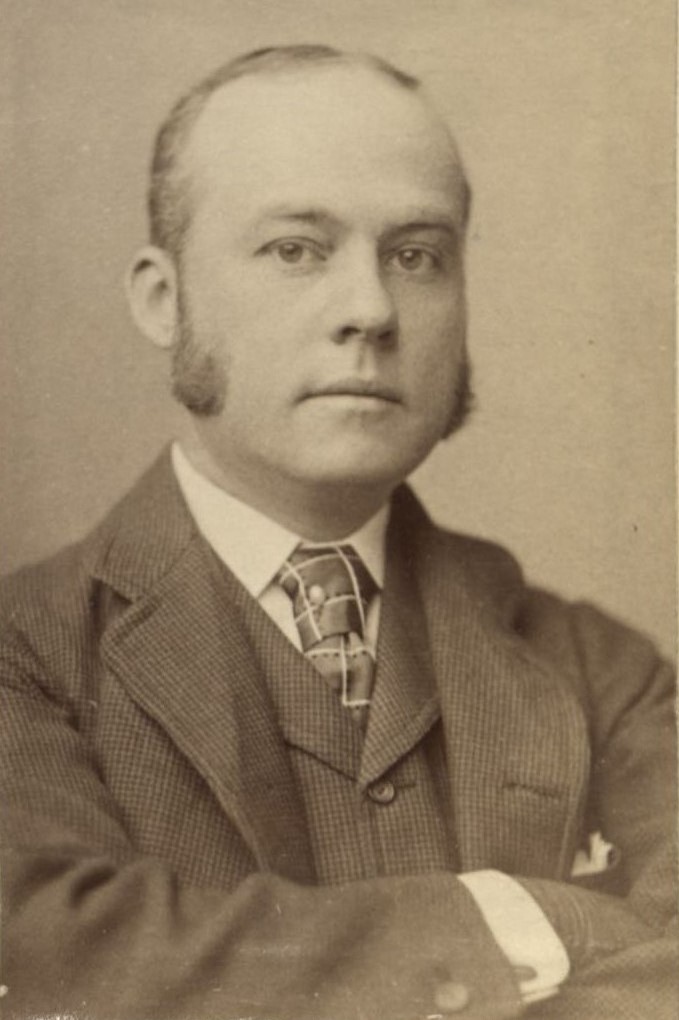
Century Memorial
The footlights have been dimmed, the curtain is lowered, and I remain on the stage, almost if not quite alone. I look about me a little wistfully, but I am not wholly discontented that the play is finally at an end. It was a good show, and I had the privilege of playing a small part in it, a part at least interesting to myself. For that I am thankful—truly so.
So wrote J. Henry Harper four years ago as foreword to his volume of reminiscences, “I Remember.” For thirty-six years he was a partner in the House of Harper. For fifty-six years he had been a member of the Century. His is thus the oldest membership on this memorial list, and the fourth oldest in the Club. Retiring from business in 1913 and living much in France, he is remembered by few Centurions of today. In his prime he was the intimate of such frequenters of the club-house as John Kendrick Bangs and Frank Dempster Sherman, and their hearty companion in the billiard room, as well as the associate of such great Centurions as William Dean Howells. The wistful note in his farewell is not hard to understand. It is not easy to tread a stage “almost if not quite alone.”
The record of his career is to be found modestly set forth in his history of “The House of Harper.” Four brothers, James, John, Joseph Wesley, and Fletcher, the sons of a Long Island carpenter, founded the house. J. Henry was a grandson. From the start, the house published works as impeccable in morals as they were important as literature or in the field of textbooks. The Waverley novels and later the works of Dickens were printed at speed for an impatient public. “Peveril of the Peak” was issued within twenty-one hours after the arrival of the text from England. Alongside appeared such mighty labors as Prof. Drisler’s edition of Liddell and Scott and Prof. Anthon’s famous Classical Series. Through the generations, the house maintained its high traditions in its book list as in the four exceedingly successful magazines that it founded. J. Henry witnessed the peak and the decline of this golden age of American publishing. Clearheaded business men, the Harpers were moralists all and could excise a chapter from “Tartarin of Tarascon” without a qualm. J. Henry blamed the financial difficulties which overtook the firm in 1900 upon heavy withdrawals of capital by his elders. (In all twenty members of the clan entered the house in three generations.) Perhaps changing customs and new forms of competition played their part, too. Yet the toughness of the old tree could not be missed; when new life was grafted upon it the old success flowered again. To read “The House of Harper” is to realize how continuously throughout the life of the Club Centurions have been at the center alike of the publishing business as of the writing craft.
Geoffrey Parsons
1938 Century Memorials
Related Members
Member Directory Home-
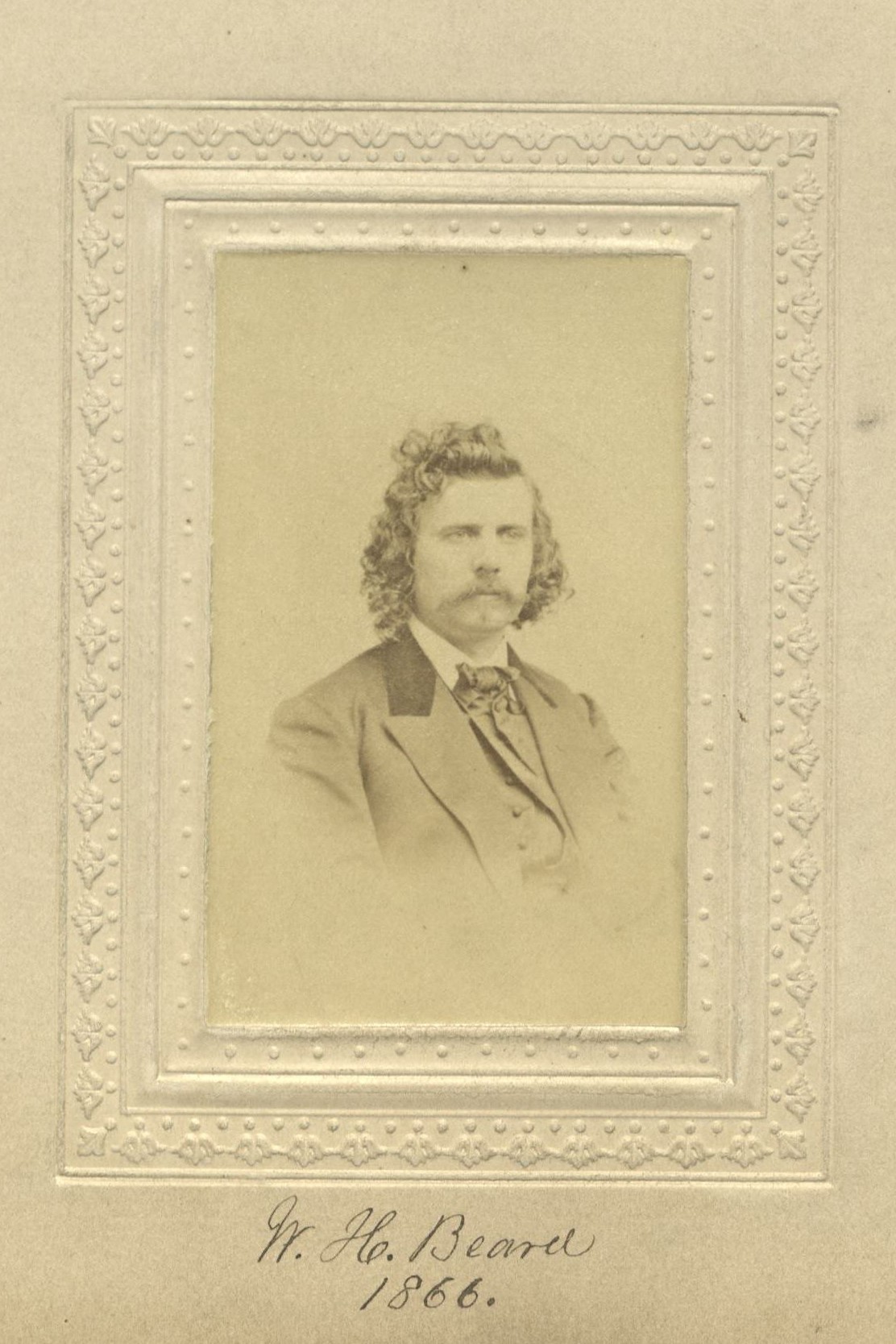 William H. BeardArtistCenturion, 1866–1900
William H. BeardArtistCenturion, 1866–1900 -
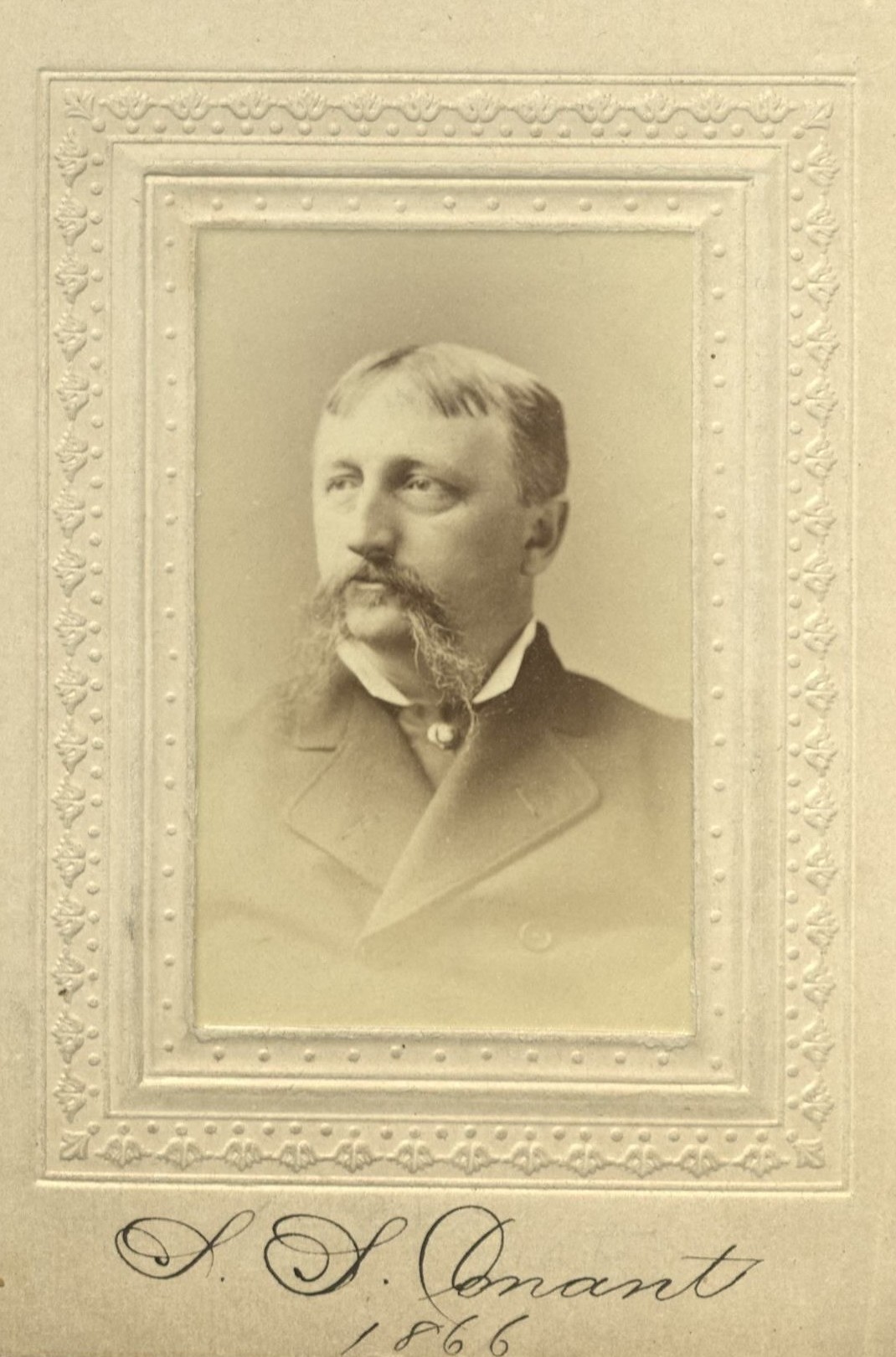 S. S. ConantEditorCenturion, 1866–1885
S. S. ConantEditorCenturion, 1866–1885 -
 Howard PyleArtistCenturion, 1904–1911
Howard PyleArtistCenturion, 1904–1911 -
 Augustine SmithMerchant (Paper)Centurion, 1864–1897
Augustine SmithMerchant (Paper)Centurion, 1864–1897 -
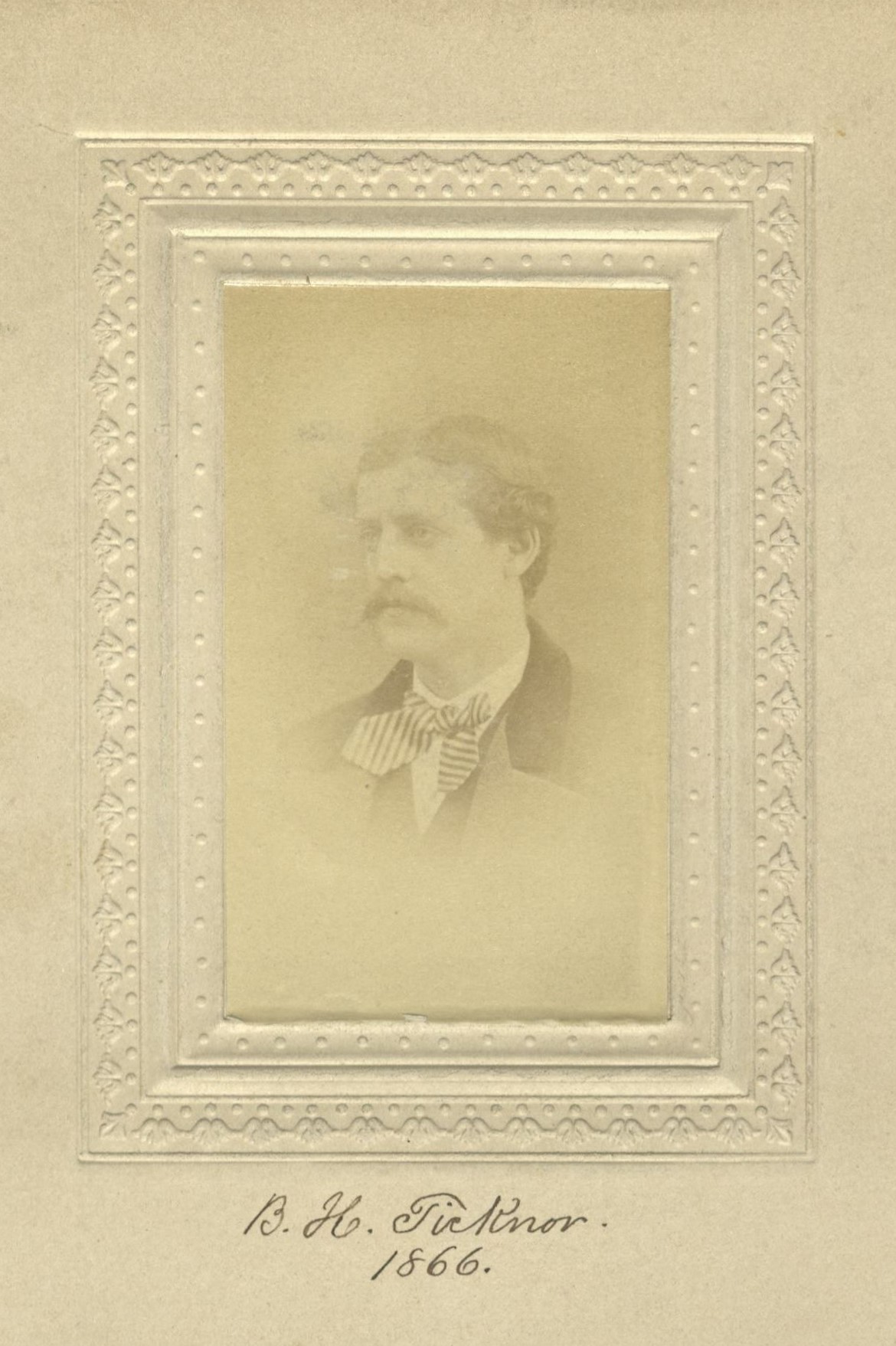 Benjamin Holt TicknorPublisherCenturion, 1866–1914
Benjamin Holt TicknorPublisherCenturion, 1866–1914 -
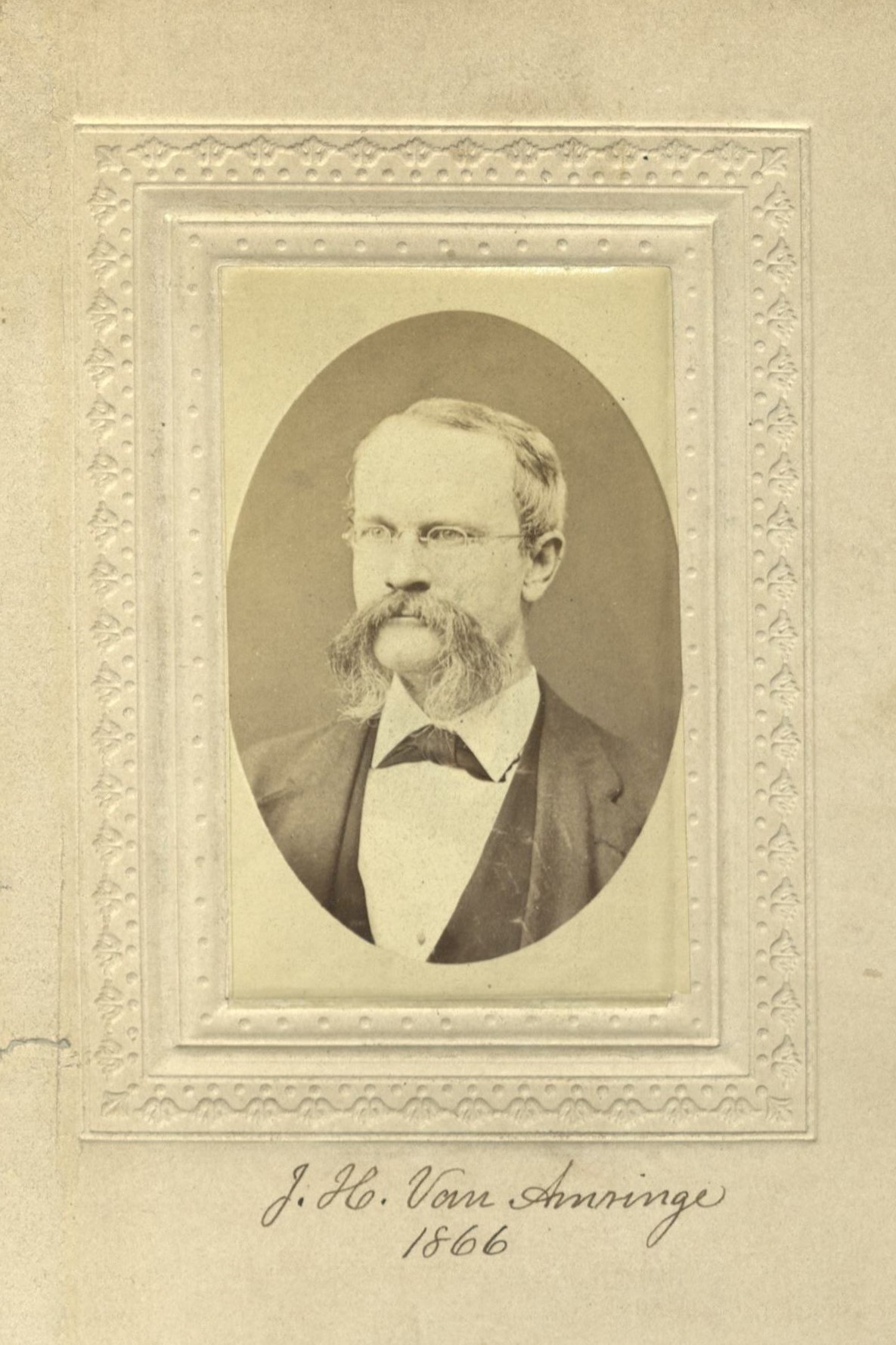 J. Howard Van AmringeMathematicianCenturion, 1866–1915
J. Howard Van AmringeMathematicianCenturion, 1866–1915 -
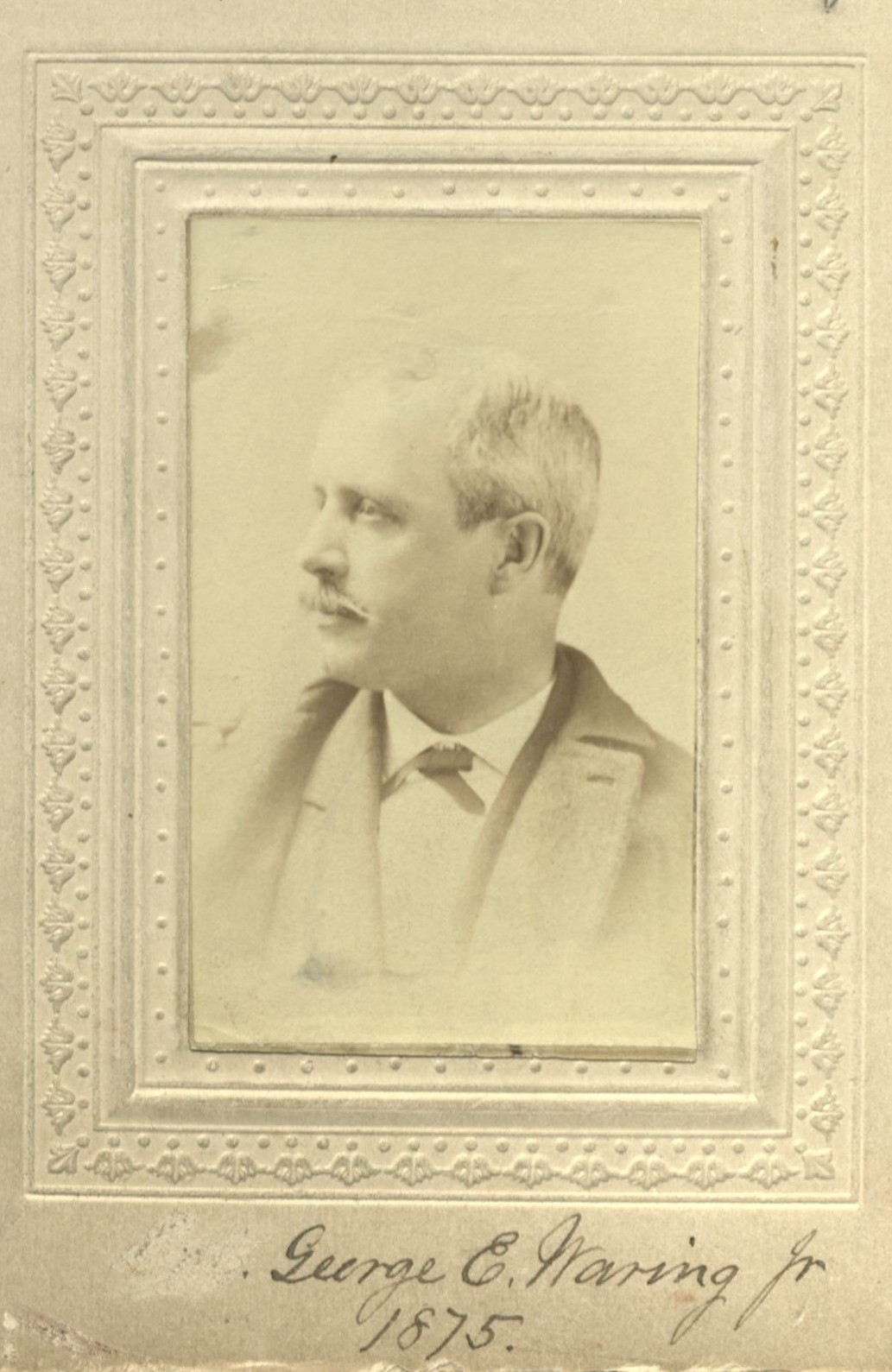 George E. Waring Jr.Sanitary EngineerCenturion, 1875–1898
George E. Waring Jr.Sanitary EngineerCenturion, 1875–1898 -
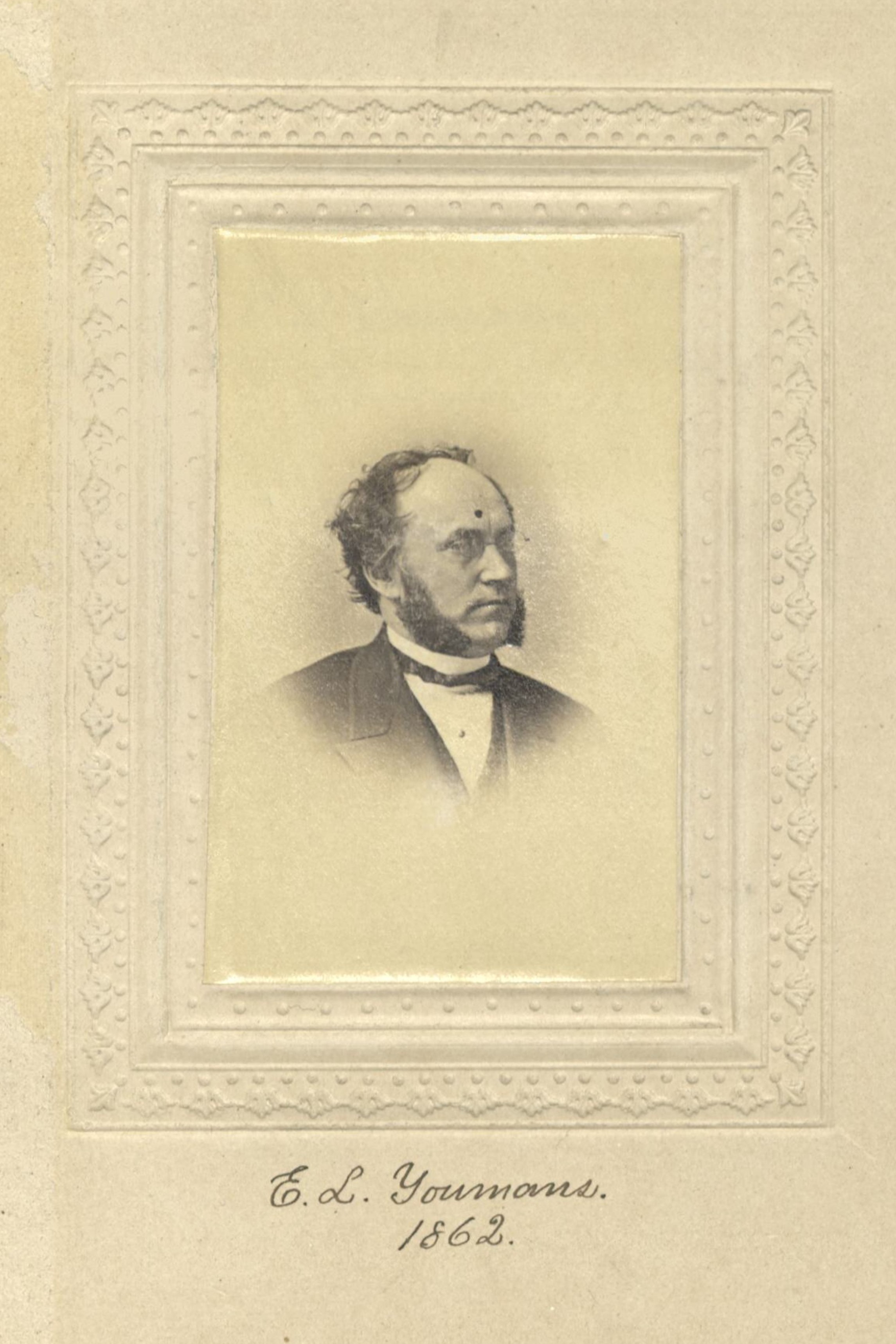 Edward L. YoumansPublisherCenturion, 1862–1887
Edward L. YoumansPublisherCenturion, 1862–1887






